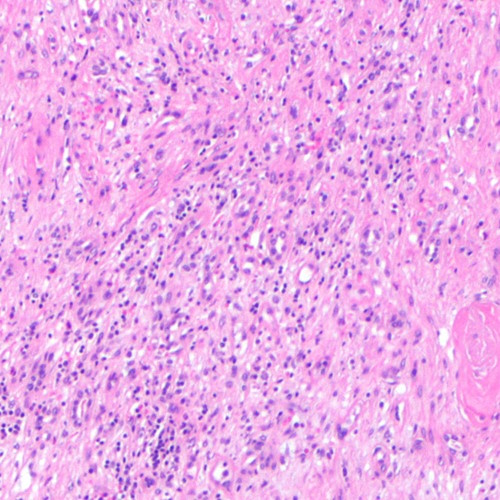Key points from article :
The CALERIE trial in humans confirmed health benefits of moderately limiting calorie intake over two years.
“Reducing calories, and no specific diet, shifts immuno-metabolic state in a direction that’s protective of human health,” - Vishwa Dixit, senior author.
Of 200 participants, some reduced their calorie intake by about 14%, while others ate as usual.
In those with limited calorie intake, thymus had less fat, greater volume and produced more T cells.
“Changes in gene expression of adipose tissue after one year sustained through year two,” - Dixit.
Macrophage-produced protein, PLA2G7, was one of the potential mechanisms to mimic the CR benefits.
Reducing PLA2G7 in mice protected from diet-induced weight gain & age-related inflammation.
PLA2G7 could be harnessed to extend health span in humans, without restricting calories.
Study by Yale School of Medicine & Pennington Biomedical Research Center published in Science.


/calorie-restriction-cr-thumbnail.jpg)



